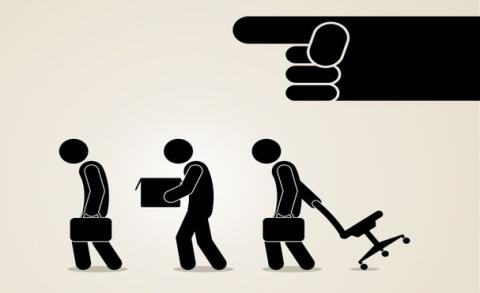World’s leading economies warned over ‘global jobs crisis’
Youth unemployment in the grouping’s advanced economies remains at historic highs. By 2012 the portion of long-term jobless on unemployment rolls in rich economies had also risen to almost a third, from about a fifth on the eve of the global financial crisis, raising the possibility of long-term “scarring” in labour markets.
Despite the significant poverty reduction seen in recent decades, there was also clear evidence that too many workers in emerging economies were part of a new working poor rather than rising into the middle classes. The 400m people still below the World Bank’s $2/day line for “moderate poverty” in the G20’s emerging members in 2013 was half the number in 1991. Yet, taking a broader reading, more than half the workforce in those economies – 837m people – were still living either below, or just above, the poverty line last year, according to the report. “Far too many people in emerging economies today are the working poor,” Mr Twose said, pointing to what remained a “significant and widespread challenge” for countries such as Brazil, China, India, Indonesia and South Africa.
The report said G20 members had recognised the problem and launched special employment programmes. But those plans still needed to be put in place in a co-ordinated fashion to give the global economy a badly needed boost that would also generate the jobs needed.
Shawn Donnan and Sarah O’Connor

